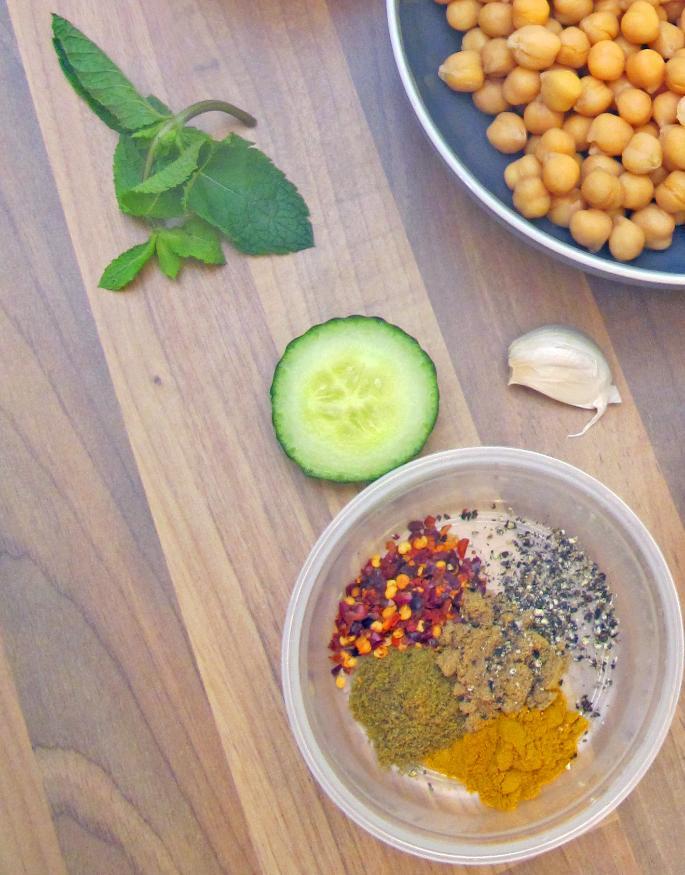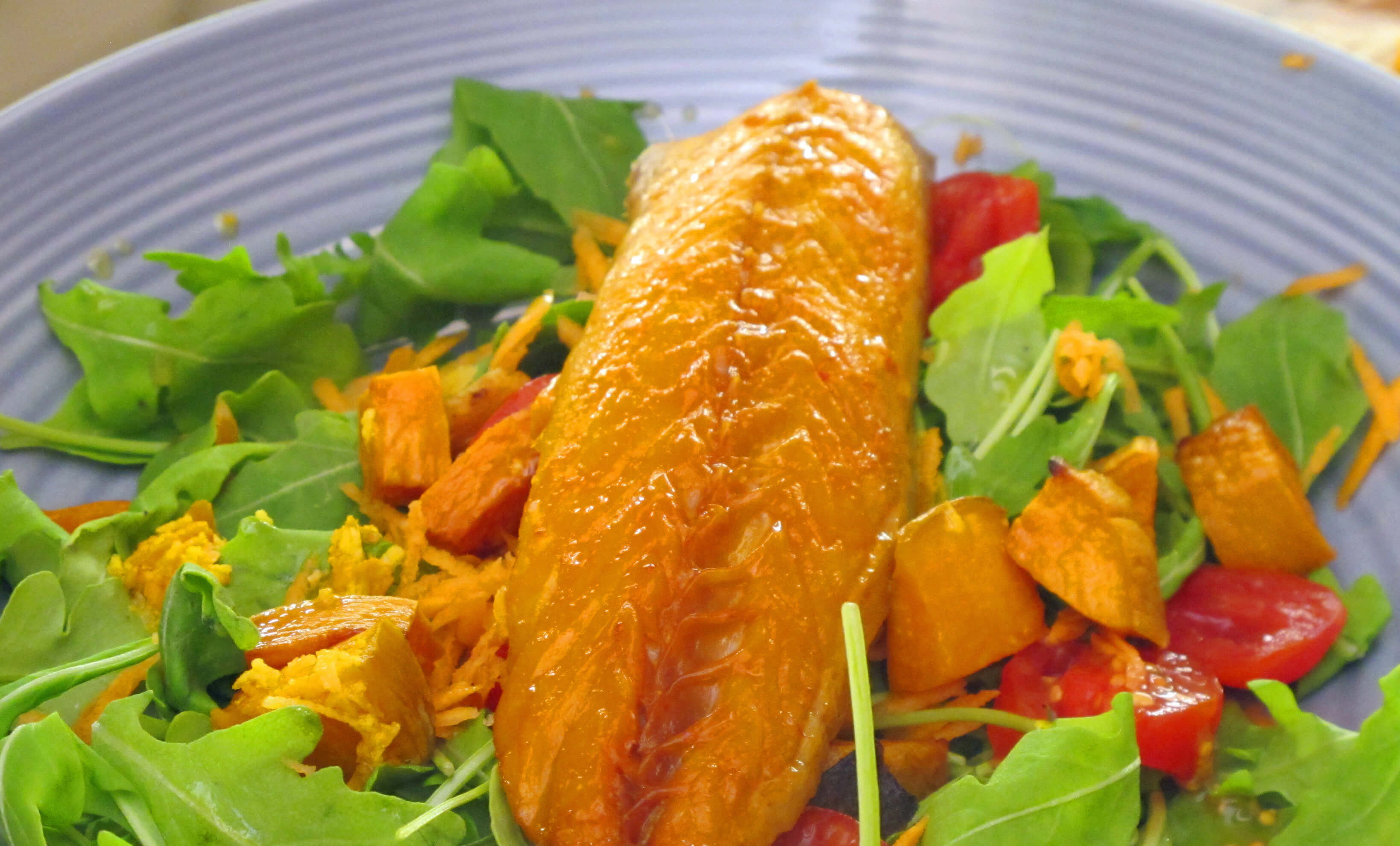Inflammatory conditions such as eczema, acne, psoriasis, and arthritis, as well as non-specific pain, aches, and headaches can often be alleviated with specific changes to the diet; most notably, removing foods that cause inflammation, and replacing them with foods that reduce inflammation.
What is Inflammation?
Inflammation is a tool the body uses to repair damage or limit further damage. It’s a necessary function, vital in acute injury or trauma. You know when you’ve cut your finger, that site around the cut that gets hot, red, swollen, and painful; is inflammation doing its job, to recruit all sorts of cells to migrate to the area and fight infection, repair the skin, stop bleeding etc. However, inflammation becomes problematic when it is constantly switched on, often referred to as low-grade, chronic inflammation. Prostaglandins are the compounds that turn on and turn off inflammation, and they are manufactured directly out of the fatty acids that are available in the body. i.e. the fat from our diet. Striking a balance between our intake of ‘good’ fatty acids and ‘bad’ fatty acids is what will regulate inflammation, and why an anti-inflammatory diet has, as one of its main focuses, a high level of Omega 3 polyunsaturated fat.
Anti-Inflammatory Diet
Omega 3 Polyunsaturated Fats consist of eicosapentaenoic acid (EPA), docosahexaenoic acid (DHA), and alpha linolenic acid (ALA). The body cannot manufacture them, so it is important we get enough through the diet. This is why they are sometimes referred to as ‘essential’ fatty acids. EPA and DHA are the most potent of the Omega 3’s with the highest anti-inflammatory effect. They are the building blocks for the prostaglandin series responsible for down-regulating inflammation, so they are crucial to have in the diet.
How to Get Enough Omega 3
EPA and DHA are the Omega 3’s you want to be getting in your diet. This is achieved through eating small oily fish every other day (or go for every day if your budget and appetite allows). Small oily fish means sardines, anchovies, herring, and mackerel; the fishy fish. The smaller and oilier the fish, the more Omega 3 in it. Larger fish do contain small amounts of Omega 3, but not in a high enough quantity to consider it a therapeutic dose. ALA, found in flax (linseed), walnuts, and chia, is also an Omega 3, but much less effective at dampening that inflammatory cascade. You may have heard that it’s possible to covert ALA to EPA and DHA, but this is a very poor system in humans. If you are vegetarian or vegan, you won’t be able to consume a therapeutic dose of Omega 3 from your diet alone. There are some great Vegan sources of EPA and DHA on the market now, extracted from marine algae, but make sure you consult with a healthcare practitioner before beginning any supplementation regime.
Other Anti-Inflammatory Foods

Ginger and turmeric are two very potent foods to include in your diet alongside your Omega 3 to promote dampening of inflammation. Compounds that give that natural spiciness to ginger are what interfere with the pro-inflammatory cascade. Curcuminoids in turmeric are proven to be excellent at reducing pain associated with inflammation. Some studies have even shown they can work in similar ways to Non-Steroidal Anti-Inflammatories, but research is continuing. Nevertheless, it’s a great idea to put all these principles together and eat in a way that will significantly promote the reduction of inflammation. The Mackerel Salad included in the above video combines all of these properties. Mackerel is rich in EPA and DHA, flax oil is rich in ALA, and the dressing contains nice amounts of turmeric and ginger. Finally, the beta carotene bursting out of the spinach, carrot, and sweet potato, ensures that this dish is rich in anti-oxidants and phytochemicals, helping to keep cells nice and healthy.
Nutritional medicine offers great additional resources to people with chronic complaints such as acne, eczema, psoriasis, arthritis, and pain. I regularly see the direct impact that diet and lifestyle modifications can have on health and wellness. I would stress, however, that it’s not always possible to say that the food you are eating is contributing to your symptoms, nor that changing your diet will alleviate your symptoms. Everyone is different, and as individuals we all respond in varied ways to a similar intervention. But being open to the utilisation of dietary modification, helped by burgeoning nutritional science, could potentially offer a range of health benefits if you’re struggling with inflammatory conditions.
Ingredients
Smoked Mackerel
Handful of rocket
3-4 cherry tomatoes
Sweet potato cubes (see batch cooking video)
Olive oil
Flax oil
Turmeric
Ginger
Nutritional Benefits of Mackerel Salad
High Protein, high Omega 3 - EPA, DHA, and ALA, high in antioxidants, low GI, WF(Wheat free) GF(Gluten free), DF (Dairy Free)(Remember, Sweet potato cubes can also be served warm to make it great for any time of year)
Check out more recipes from nutritionist Carla Bredin of Wildhealthy every month or follow us on Facebook and Twitter for more health and diet tips, advice and interesting case studies. Explore our site for more information on health insurance options or to get a health insurance quote online today.



